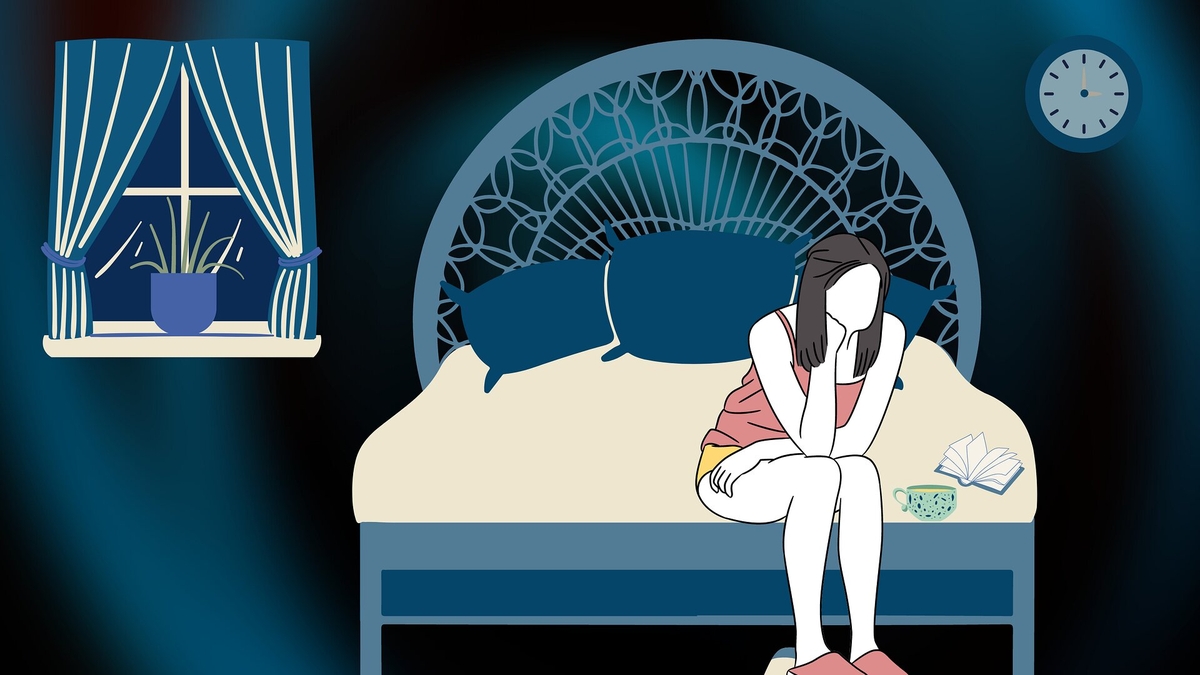
Understanding the Link Between Sleep, Circadian Rhythm and Mental Health
The complex relationship between sleep, body clock, and mental health has become an important area of research in recent years. A growing body of evidence suggests that disturbances to our sleep patterns and internal body clock, also known as circadian rhythm, can trigger or exacerbate various psychiatric disorders such as depression and anxiety.
Recent research reviews have revealed that problems with sleep, such as insomnia, are more common in people with mental health disorders than in the general population. During adolescence and young adulthood, a crucial period for mental health development, disruptions to sleep and circadian rhythms are likely to occur, potentially leading to severe mental health issues later in life.
The Role of Circadian Disruptions in Psychiatric Disorders
Understanding the role of circadian disruptions in the development and maintenance of psychiatric disorders has been a challenging task for researchers. Factors such as genetics, exposure to light, neuroplasticity, and lifestyle habits like night shift work and eating patterns can all influence our sleep-wake cycle and, consequently, mental health.
Differences in sleep patterns and rhythms have been observed in patients presenting unipolar or bipolar major depressive episodes. These sleep-circadian disturbances have a profound impact on both sleep quality and timing, which significantly affects an individual’s mental health.
New Treatments and Interventions
The growing understanding of the connection between sleep, circadian rhythms, and mental health is paving the way for the development of new treatments and interventions. Targeted therapies such as Cognitive Behavioural Therapy for Insomnia (CBT-I), light therapy, and innovative multicomponent interventions like Transdiagnostic Intervention for Sleep and Circadian dysfunction (Trans-C) are showing promise in improving mental health outcomes.
Personalized interventions that address different aspects of sleep and circadian rhythms are also being suggested. For instance, adjusting the timing of medication, meals, and exercise could impact circadian phases and potentially prevent mood impairment. Furthermore, lifestyle changes such as avoiding night shift work and eating during the daytime rather than during the night could help in maintaining mental health.
Future Directions
Advances in sleep and circadian science could unlock improved understanding and treatment of psychiatric disorders, leading to more effective solutions for those struggling with these conditions. Addressing sleep-circadian disturbances presents an opportunity to develop new preventative measures and therapies for psychiatric disorders.
The research provides invaluable insights into the complex relationship between sleep, circadian rhythms, and mental health. It suggests that a more holistic approach that addresses sleep-circadian disturbances could be a key factor in preventing and treating psychiatric disorders. These findings underscore the importance of maintaining a healthy sleep pattern and aligning with our body’s natural sleep-wake cycle for optimal mental health.
